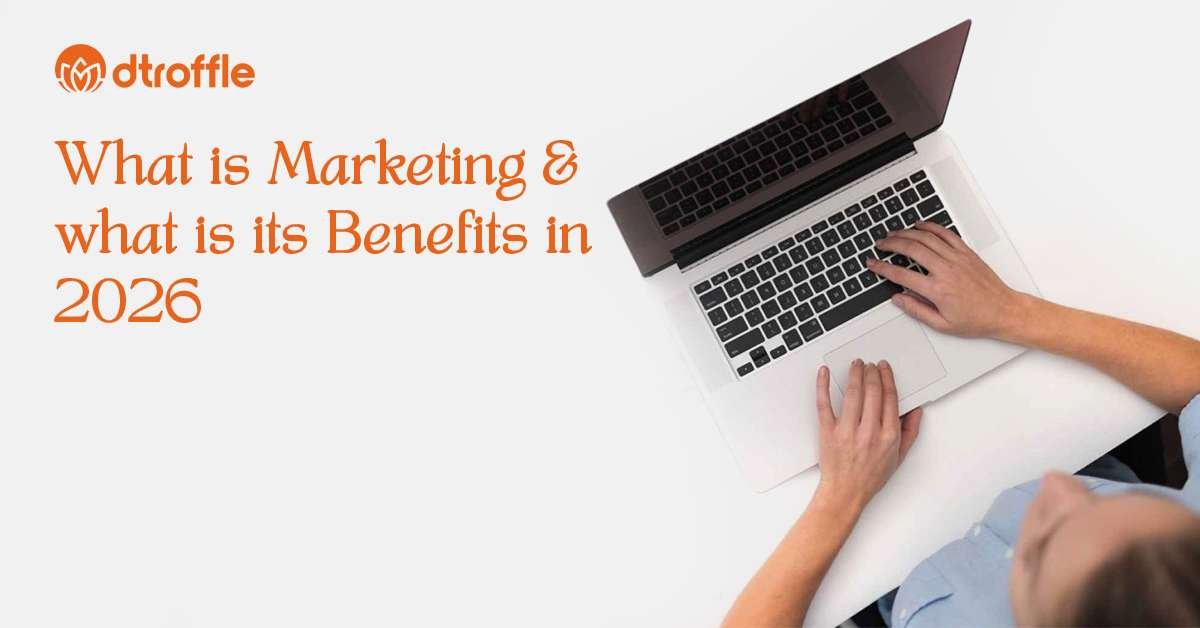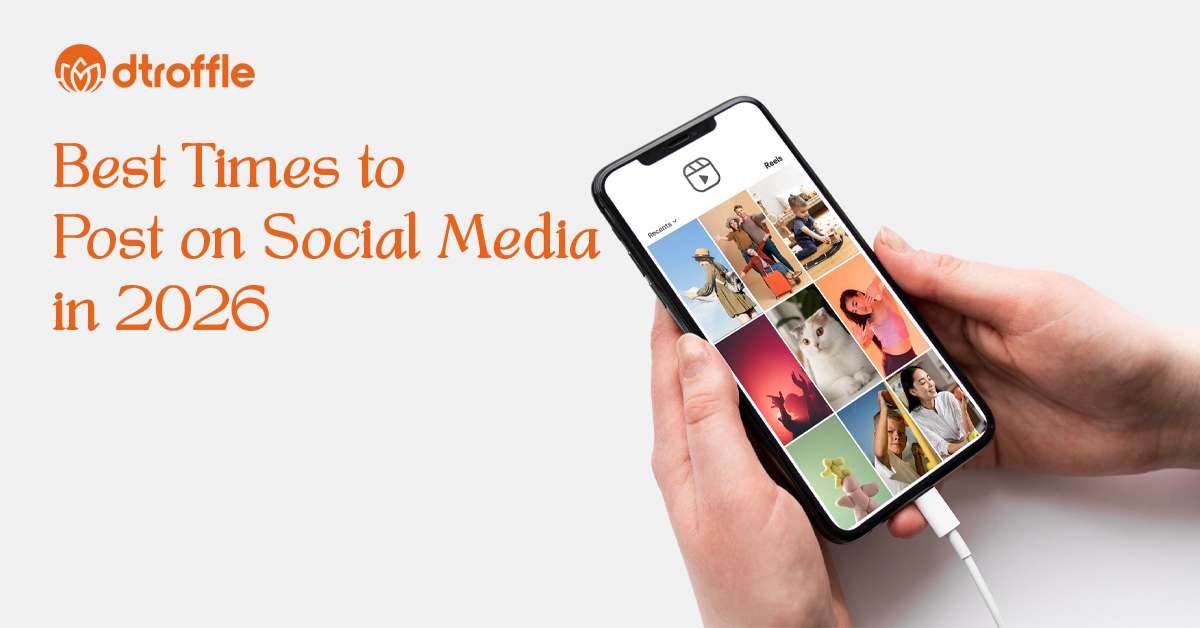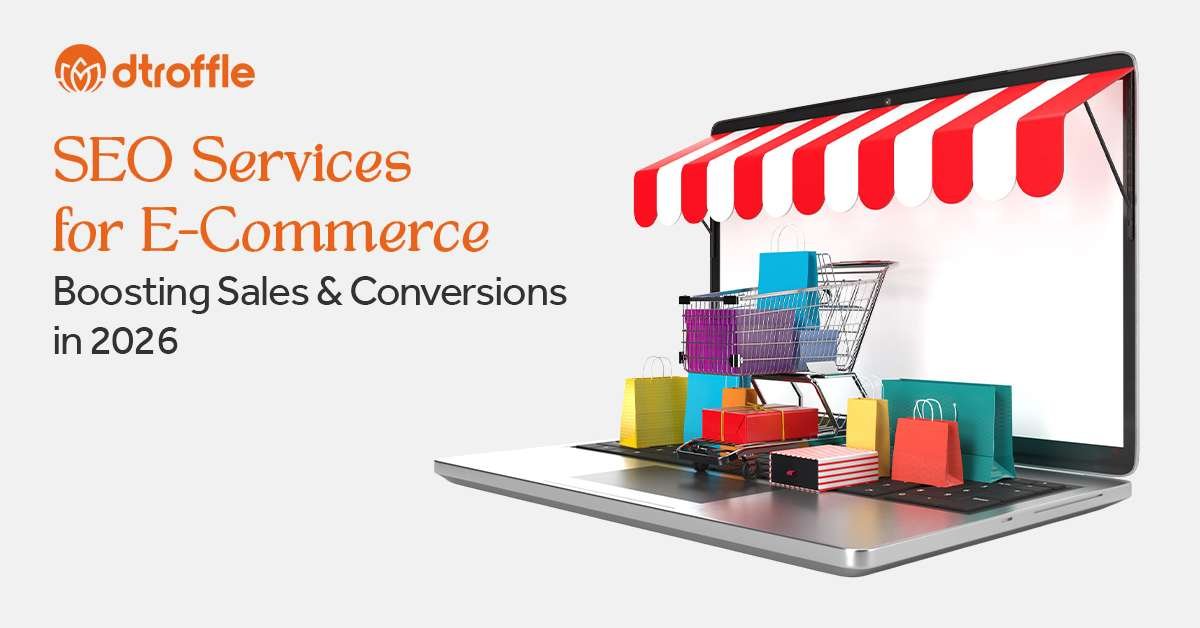At its core, marketing is promoting, selling, and distributing a product or service. It encompasses various activities, including market research, advertising, public relations, sales, and customer service. The goal of marketing is to understand the needs and desires of consumers and to develop strategies that satisfy those needs, ultimately driving business growth.
In 2026, the marketing landscape continues to evolve rapidly, driven by technological advancements, shifting consumer behaviors, and the increasing importance of data-driven decision-making. This evolution plays a critical role in shaping a business’s digital marketing strategy, making it a vital aspect of business success.
What is Marketing in 2026?
In 2026, marketing is more dynamic and multifaceted than ever before. It’s no longer just about creating catchy advertisements or running promotions. Modern marketing combines both digital and traditional techniques designed to build strong, lasting relationships with customers. Key components include:
1. Digital Marketing
The internet remains a central platform for marketing activities. Businesses leverage search engine optimization (SEO), social media marketing, email campaigns, and PPC advertising to reach targeted audiences, engage effectively, and drive conversions.
A strong digital marketing strategy ensures all these elements work in harmony, offering a structured approach to reaching business goals.
2. Content Marketing
In 2026, high-quality content remains essential. Businesses produce blogs, videos, podcasts, infographics, and guides to provide value to their audience. Content helps educate, entertain, and inspire customers while reinforcing brand authority.
If you’re unsure how to get started, consider exploring this guide to digital marketing content optimization, which explains how to make your content not only valuable but also visible in search engines.
3. Data-Driven Marketing
Big data and AI tools have changed how companies create strategies. By analyzing consumer behavior and campaign performance, marketers can make smarter, faster, and more precise decisions.
Data plays a key role in continuous improvement, an essential component of a future-ready digital marketing strategy.
4. Social Media Marketing
Social platforms in 2026 go beyond brand presence. They’re interactive hubs where communities are built and customer loyalty is earned. With the rise of creator-led content, strategies often include working with micro-influencers to build niche trust and engagement.
5. Sustainable Marketing
Today’s consumers care deeply about ethics and the environment. Brands practicing sustainable marketing, highlighting eco-friendliness, corporate social responsibility (CSR), and fair trade, build stronger emotional connections with their audience.
Incorporating ethical practices in digital marketing is no longer optional; it’s a differentiator that drives brand loyalty.
What Are the Benefits of Marketing in 2026?
The benefits of modern marketing are extensive. When integrated effectively, marketing empowers businesses to grow, innovate, and thrive, even in competitive environments.
1. Increased Brand Awareness
Through consistent content creation and multichannel engagement, businesses gain visibility. A well-crafted strategy helps you stay top-of-mind with your target audience.
If you’re just starting out, understanding the importance of having a digital marketing strategy will help clarify how brand awareness fits into the bigger picture.
2. Targeted Audience Reach
Modern platforms allow marketers to reach highly specific customer segments. Whether it’s through Facebook Ads, Google Ads, or influencer marketing, targeting improves conversion and minimizes wasted budget.
Choosing between platforms? This comparison of Google Ads vs. Meta Ads breaks down where each performs best.
3. Enhanced Customer Engagement
In 2026, engagement is about two-way communication. With tools like social media DMs, interactive content, and real-time feedback loops, customers expect to be heard and valued.
4. Data-Driven Insights
Analytics tools give brands the power to refine their strategies with real-time feedback. From tracking email open rates to monitoring click-throughs and conversions, data leads to smarter spending and higher ROI.
For businesses leveraging PR tactics, these benefits are amplified with digital PR strategies that build authority and boost SEO simultaneously.
5. Competitive Advantage
Staying innovative and trend-aware gives businesses an edge. From automation to influencer campaigns, every tool you master helps you outpace your competitors.
6. Sustainable Growth
Good marketing doesn’t chase trends, it builds ecosystems. By investing in meaningful content, community engagement, and long-term branding, companies create a foundation for sustainable growth.
Conclusion
In 2026, marketing is not just about visibility, it’s about relevance, personalization, and impact. From content creation to paid media, the benefits of modern marketing are clear: higher engagement, stronger branding, better ROI, and long-term growth.
As a key digital marketing service, understanding what marketing means today ensures your strategy is built on real value, not guesswork. With a thoughtful, integrated approach, your business can not only compete, but lead.
Also Read:





